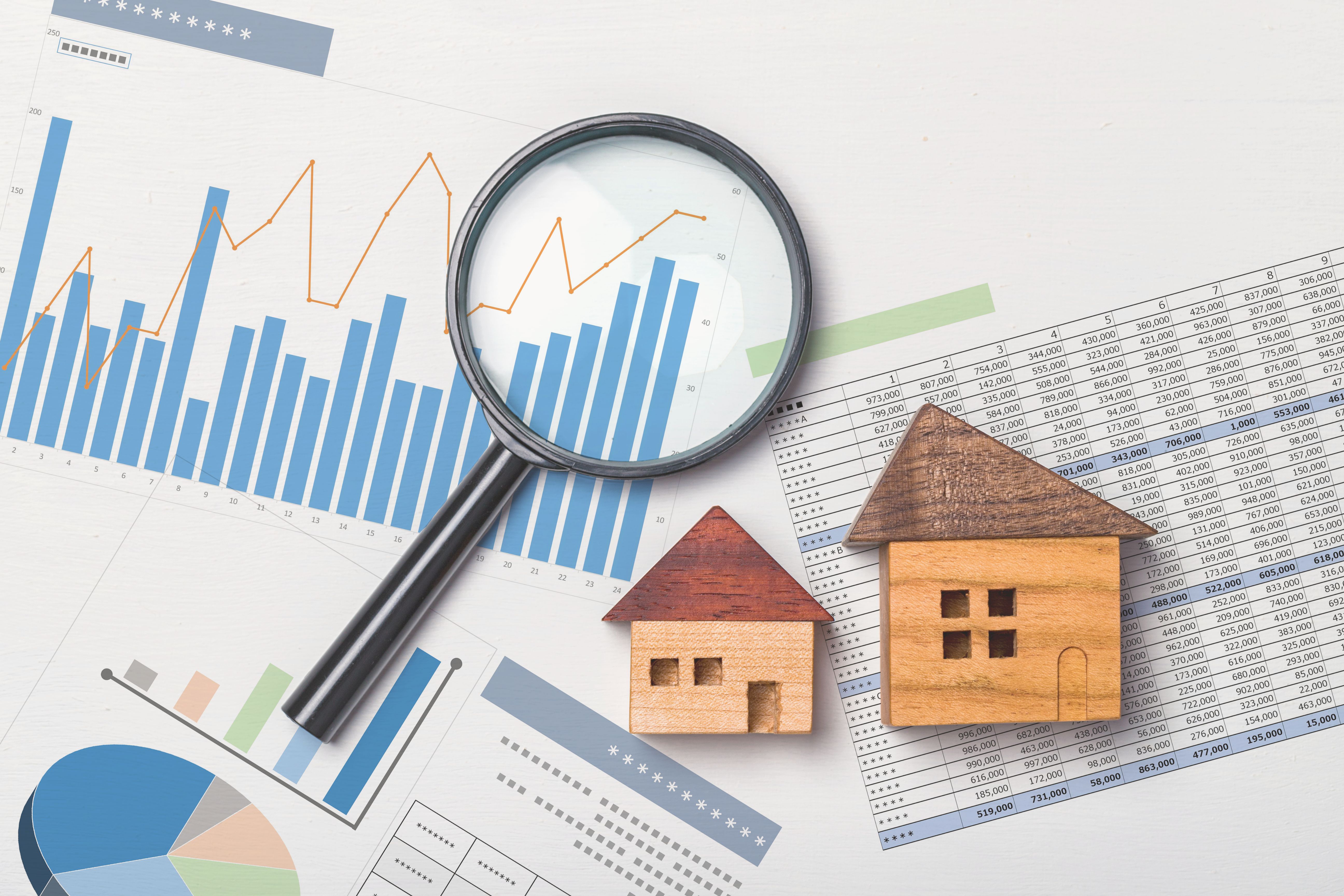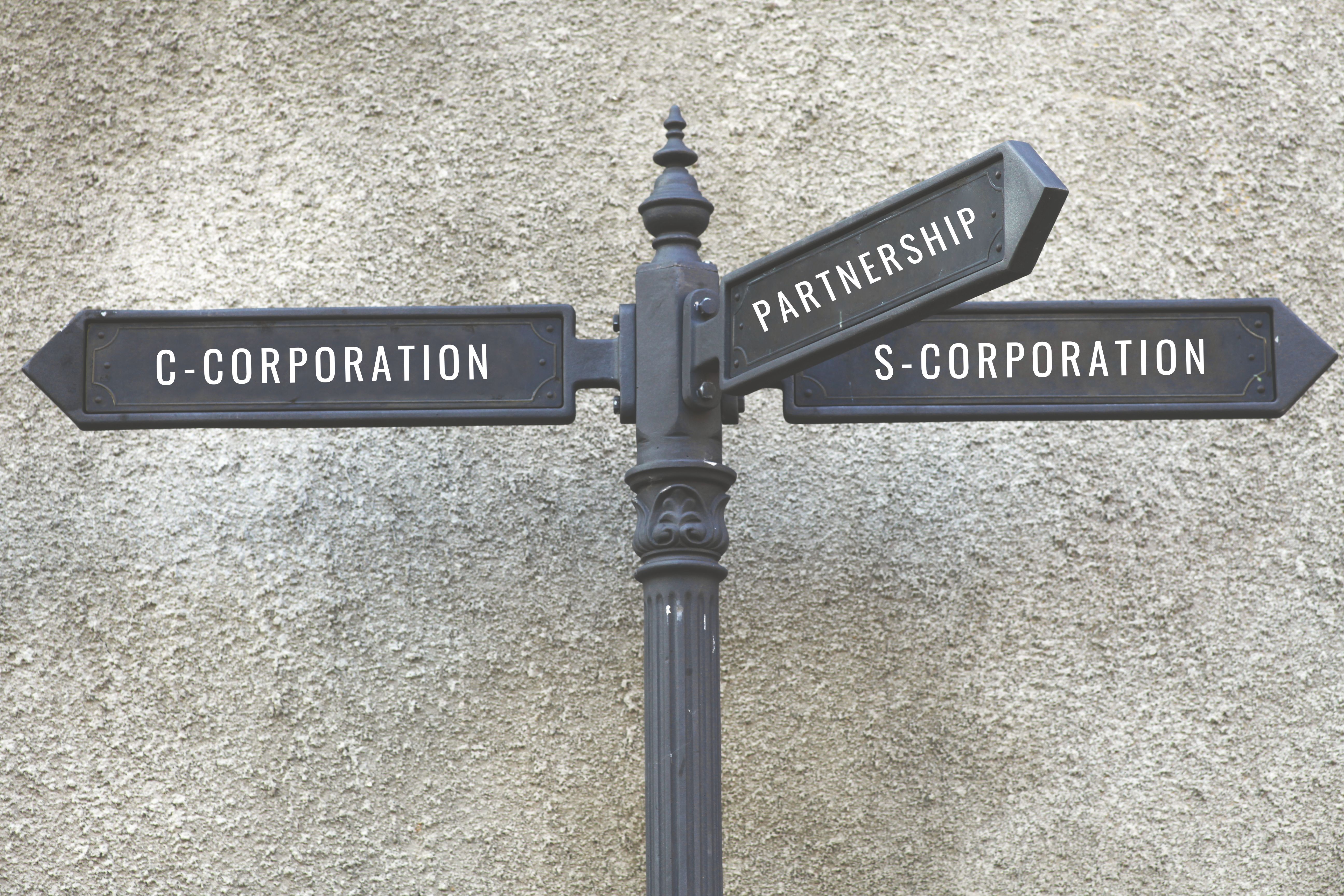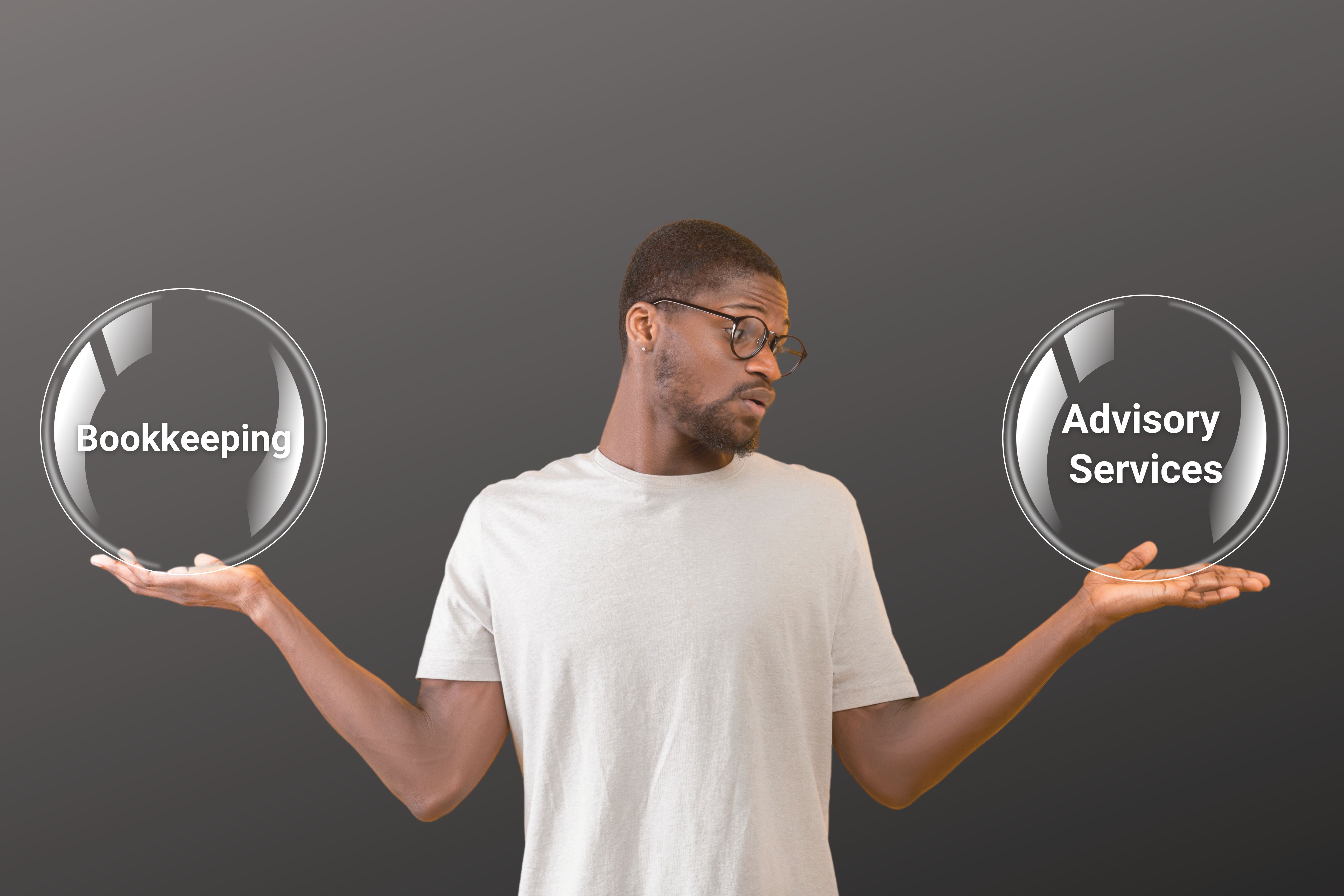S-corp, Partnership, or C-corp: Which is right for your small business growth?
According to the Bureau of Economic Analysis, S corporations account for 76.8% of corporations with less than 500 employees and 37.3% of corporations...

For most small businesses, it’s the dream to eventually own the building that your business operates out of. After all, historically real estate has always been one of the best investments that you can make. We’ll get into more specific reasons about why owning your property is more advantageous in a second, but first a question:
How do you know that you’re ready to own property? We thought we’d take a second to give you a little primer on when you should act to buy property for your small business.
Let’s talk about the reasons you should. There’s the obvious: you can’t get kicked out by a landlord. There’s nothing that’s worse for a business than having to uproot themselves because the landlord wants to do something else with that space. It could even spell the end for your small business. Owning the property gives you the confidence to know that your business will be able to stay where it is – that’s a big deal!
Similarly, you’ll be able to modify your property for use. Say, you need a loading dock – you’ll still have to figure out the permits with the city, but you won’t have to get a landlord’s permission first.
Additionally, your business instantly becomes more attractive to potential buyers if there is real estate attached to it. Beyond that? There are numerous tax code benefits as well. Since real estate rental income is considered unearned, you won’t have to pay a FICA tax on it. You can also essentially perpetually defer some kinds of taxes, and your rent will be (within reason and the law) whatever you want it to be. There are a ton of benefits. So how can you tell you’re ready?
Think you’re ready to buy? Let’s look at what you’ll need to know.
You might have a great space you’re in now, but the difference between renting and owning is vast. You’ll want to make sure that you’re able to grow into the business that you want without having to sell your real estate or move to a new location. Capacity planning is a great way to do that. Look at your five year goals, will your current space allow you to scale the way you need? Will you be able to build multiple buildings if needed? If not, you may want to look elsewhere.
Here’s an easy to understand example just based on square space. Let’s say you occupy a 1,000 sq ft space and make $1,000,000 in revenue. It’s your goal to make $27 million in ten years – and so unless you can figure out a way to consolidate that and become more efficient, you’re going to need a LOT more space to hit your goals. Maybe that means buying a separate property, but it’s worth considering.
It might seem obvious, but there’s plenty that you’ll need to account for when buying real estate.
If you’re operating on the margins, it might not be the best time. You’ll want to make sure your business is on solid footing. You’ll do that by figuring out your debt service + the cost of occupancy.
There isn’t just a monetary cost to moving your business into a new location, there’s a people cost as well. Sometimes folks won’t want to move to a new spot just because you bought it. It’s worth thinking about, especially if you’re moving to a new location that’s in a vastly different place than your other.
One of the first things you’ll do is contact a real estate agent if you don’t already have a place in mind. Besides just finding a potential place for you and brokering a deal, a real estate agent can have a lot of value when establishing what your lease agreement will look like. How so? They’ll be able to offer rental comps to figure out what fair market rent is at the time. That way, you’ll know you’re compliant.
Establishing a lease agreement between your business and the real estate you own is a smart idea. Not only does the IRS require it, but the more business-like you treat it, the more value you create. And, it helps keep legal separation between your business and your real estate.
Most small businesses write themselves a triple net lease, which means that the business pays for pretty much everything besides the mortgage. That way, they’ll have a reduced lease payment since the business is taking on those expenses.
Your accounting firm will help give you the financial literacy you’ll need to make sure that you have the right footing for buying property. If they don’t? It might be time to find a new accountant. We work with businesses every single day on these exact scenarios. Are you ready to talk? Click the 'Let's Chat' button below to find out if Kaizen is the right fit for your business.

According to the Bureau of Economic Analysis, S corporations account for 76.8% of corporations with less than 500 employees and 37.3% of corporations...

You have a ton of responsibility as a small business owner, but there’s one thing that often gets lost in the shuffle when you’re starting out that...

For the most part, a tax return or a financial statement will look similar no matter who prepares it. That’s not to say that bookkeeping isn’t...